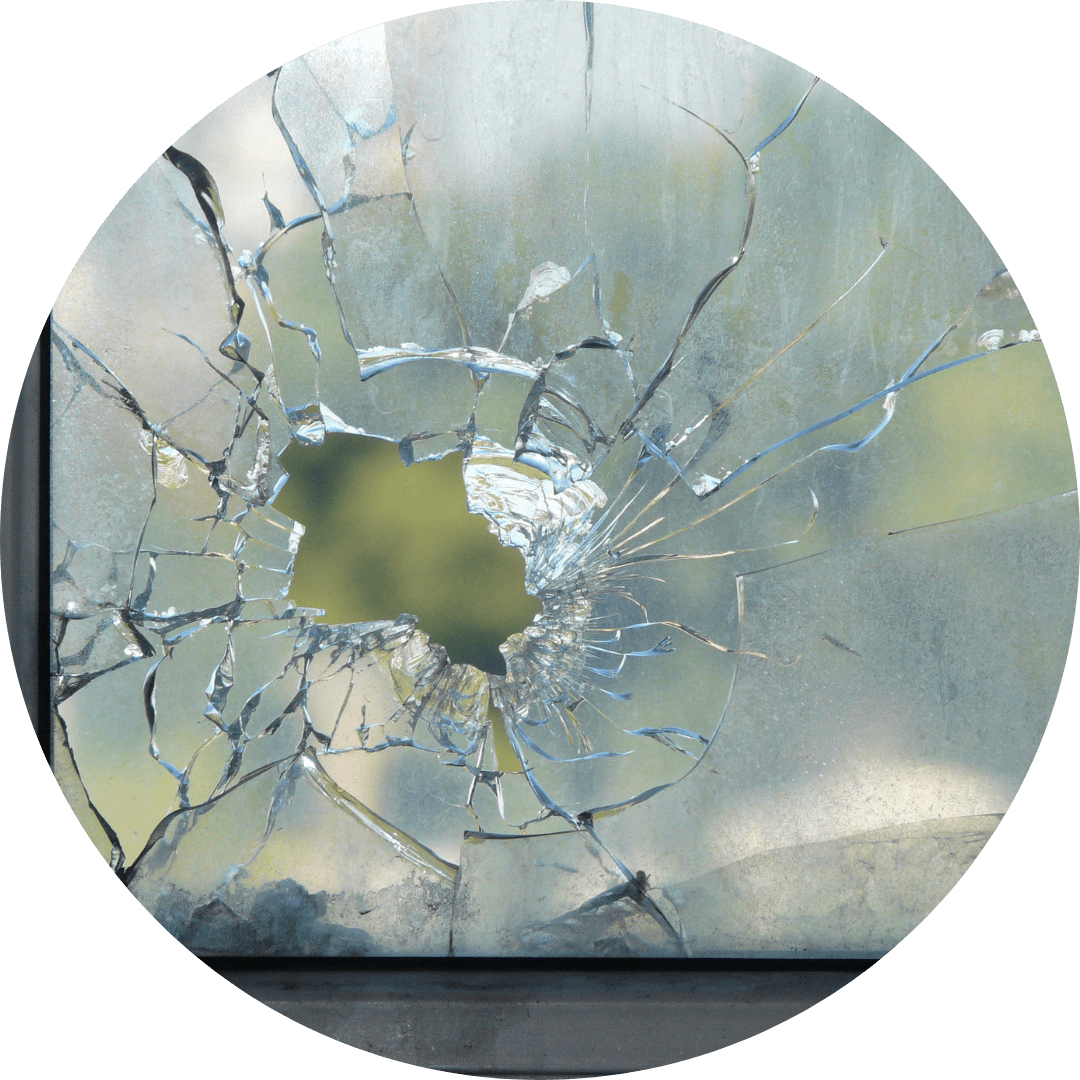
Antisocial behaviour
We understand that antisocial behaviour can really spoil your enjoyment of your home and neighbourhood and will do all we can to ensure you feel safe in your community.
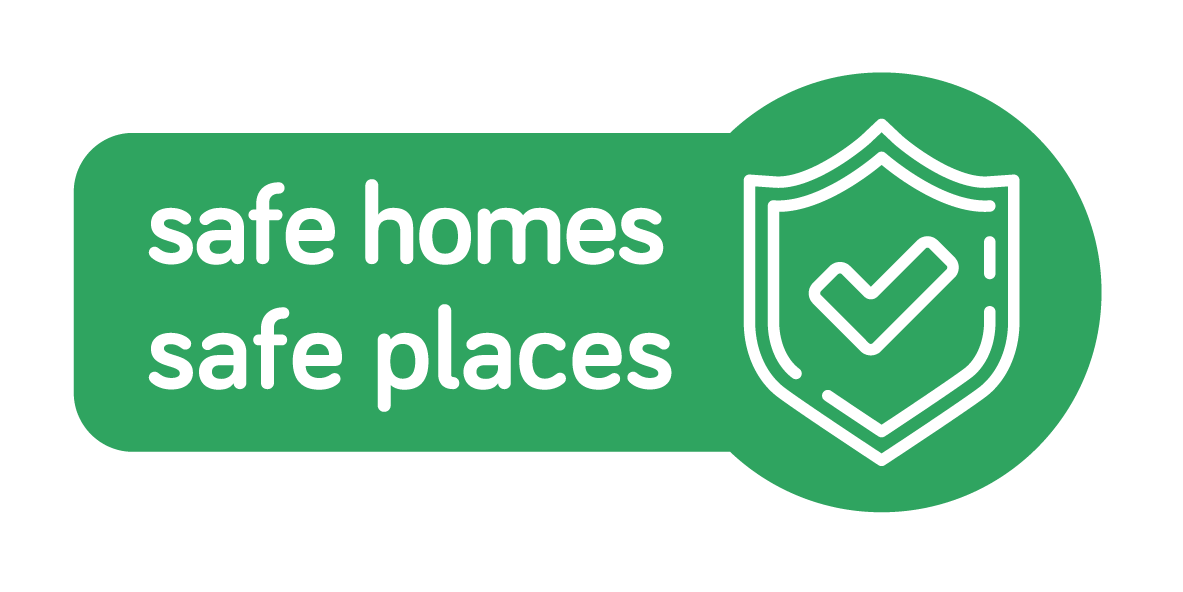
What is antisocial behaviour?
Antisocial behaviour (ASB) is when someone’s activity or behaviour makes you feel harassed, frightened or distressed. For it to be considered as ASB the activity needs to be frequent or persistent and have a major impact on you or the wider community.
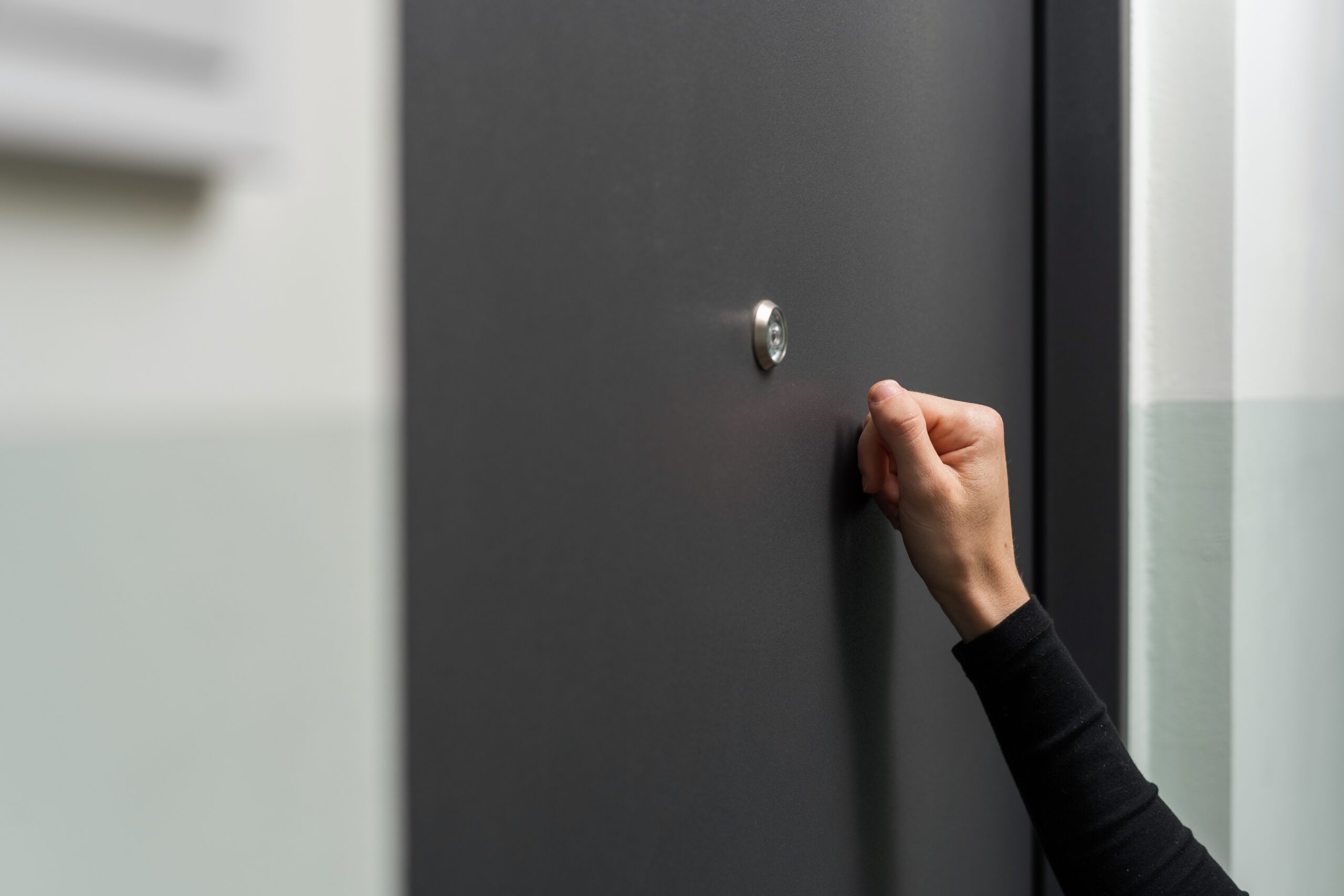
Neighbourhood disputes
If your neighbour is noisy, or you don’t see eye-to-eye about an issue, the first step is to talk to them and try to resolve the issue peacefully. Your neighbour may not even realise they are causing you problems. Only do this if you feel safe and comfortable to do so.
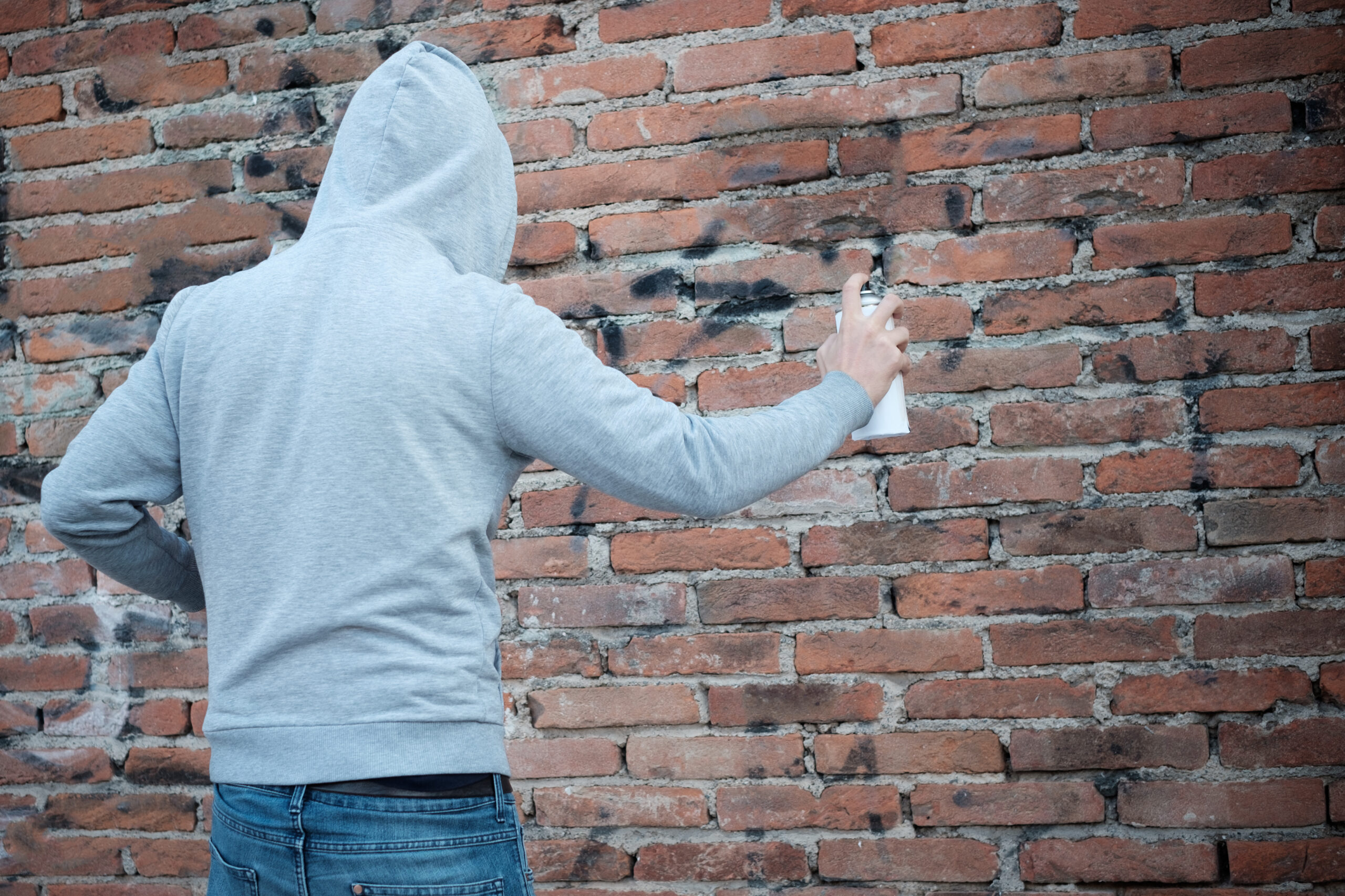
How to report ASB
There are multiple agencies involved in tackling antisocial behaviour (ASB). For whg customers the main three are the police, your local council and ourselves. We all have different powers and responsibilities so working together is the best way to find a solution.
Report ASB to us using our reporting tool online. Simply sign in or sign up and go to ‘My neighbourhood’ to use the tool. Or you can report ASB to us on 0300 555 6666.
We will respond to all high risk ASB within one working day, and investigate all other forms of ASB within five working days.
In an emergency
If you believe a crime is being committed, or if you have been threatened or assaulted please report it to the police immediately. In an emergency call 999 or non-emergency call 101.
What we can do
We will:
- Respond within five working days, or sooner for more serious incidents
- Ask for the details and evidence to make sure that we fully understand the issue. We may ask you to support us to capture evidence or report incidents to the police and give us the reference number
- Agree an action plan with you and tell you what we can do and what you can do to help to resolve things
- Organise mediation to help you solve problems with your neighbours.
- Keep you informed of any progress and ask you to keep in touch with us until the matter is resolved
- We may take formal action. This could include injunctions and, as a last resort, even seeking possession of a home.


ASB Action Plan
Since April 2024 we have been working with customers to improve our ASB service. This has resulted in a number of changes to our policies and procedures, and in how we support customers if you need report ASB.
What is not classed as antisocial behaviour?
Normal, everyday activities or problems due to different lifestyles are not normally classed as ASB. As a general rule we will not usually take action on these types of issues.
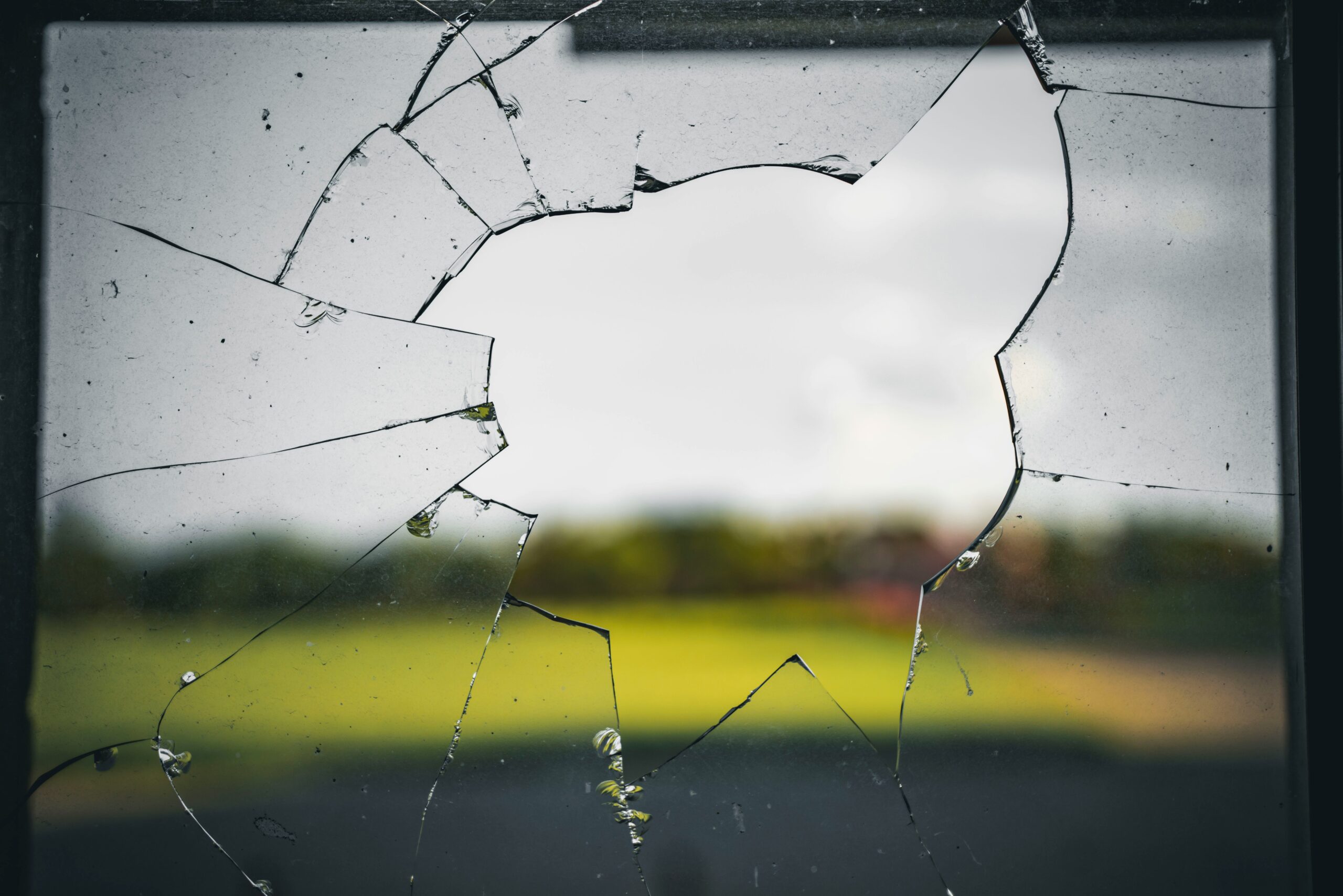
Hate crime
We value diversity and recognise the rights of customers to live in safe neighbourhoods with strong sense of community.
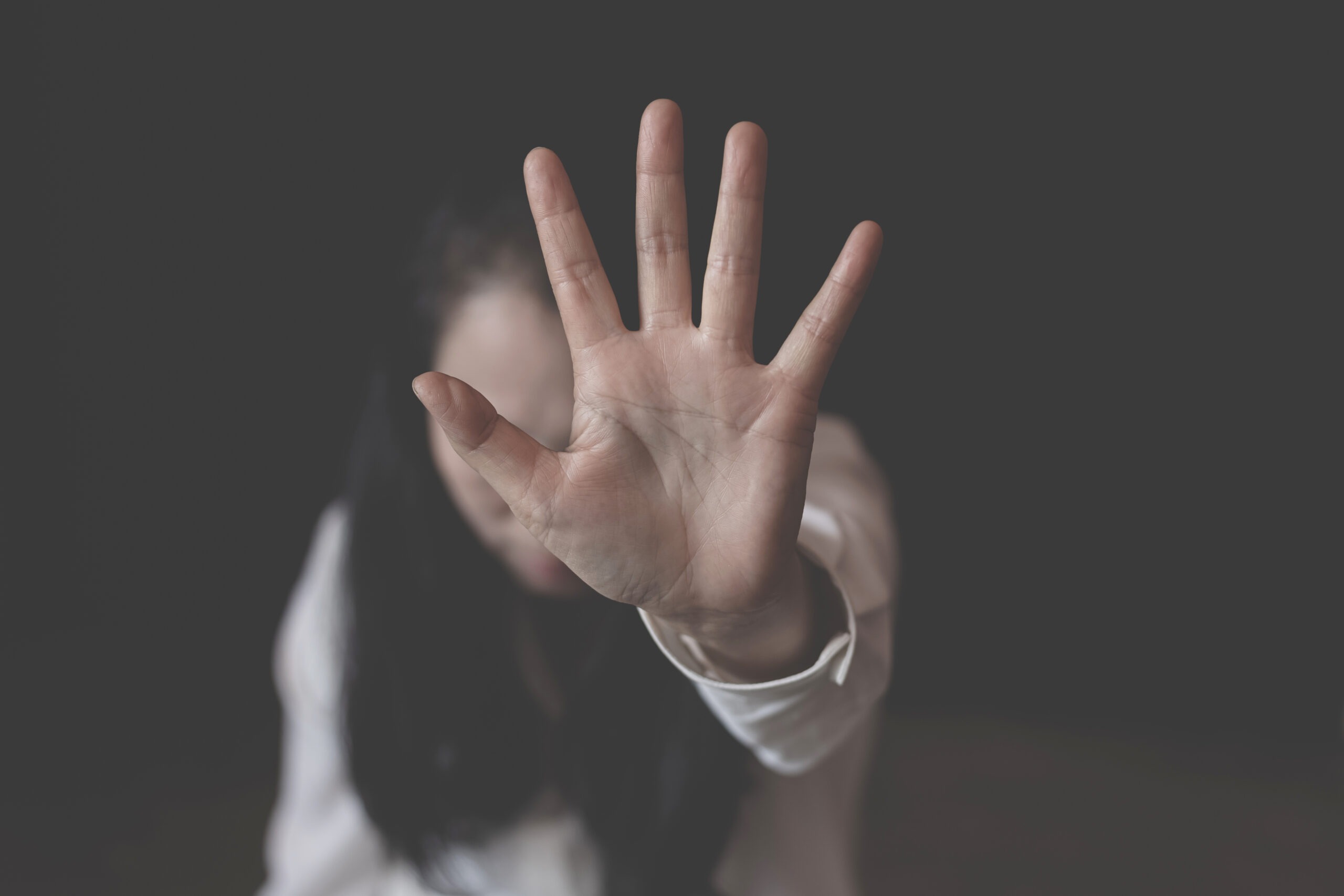
Domestic abuse
Everyone has the right to live without fear or abuse in their own homes and communities. If you’re a victim of any form of domestic abuse, or feel at risk, we can offer a range of advice and support.
If you or someone else is in immediate danger please call 999 and ask for the police.
Partner organisations
We work closely with Black Country Women’s Aid.
You can also ring the National Domestic Violence helpline on 0808 2000 247.
Refuge specialise in supporting women suffering domestic violence, and ManKind Initiative specialise in supporting men.

ASB case review – how to request a review of your case
If you have reported ASB and don’t believe enough has been done by the agencies involved to help, you can request a review of your case.
Read more about how it works on gov.uk: